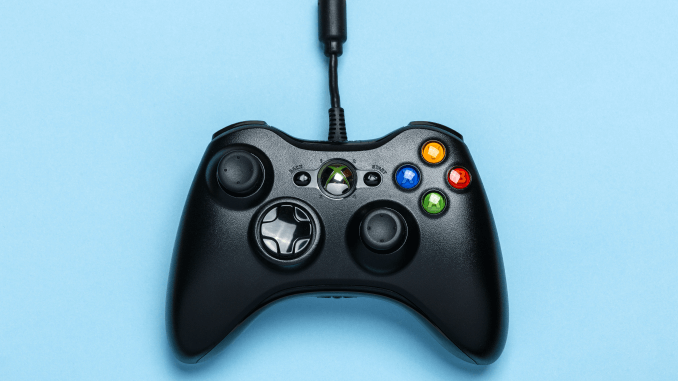
Video games are the 21st century’s most successful entertainment form, so there has never been a better time to explore a career in the gaming industry. There are reportedly about 46.7 million active gamers in Britain. As a video game designer, you get to make your games, receive pay for doing what you love, explore your creativity, and work in a casual environment. However, you need to plan your career in this field to improve your chances of success. Here’s how to pursue a career in game design.
Get Experience – Play As Many Games As You Can!
One of the first steps that you should always be aiming to follow before you enter into the gaming industry is to know your stuff. The only way that you’re ever going to become a master of gaming is by actually playing as many games as you can, as you need to develop some experience to know what sells and what doesn’t. This doesn’t mean that you should exclusively play every fighting game there is, as you need to expand your play and try out various games from various genres and backgrounds. For example, you should play a few racing games like drift hunters 2, while also testing out a few adventure games too. There are so many game developers out there, so this means that there are thousands upon thousands of different ideas for you to choose between. When you can take the opportunity to game more often, you’ll soon start to realize what components need to come together to develop a great game. You’ll figure out what doesn’t work, as well as what gamers actually look for when they buy a new game. Getting some hands-on experience before you start your game design journey will be more valuable than you could ever truly know!
Get A Degree
There are no strict formal education requirements in the game design industry, as many employers are willing to hire individuals with a raw talent for the job. However, completing a game design degree program offers you a competitive edge in the job market. Therefore, it is prudent to apply to universities offering game design as an undergraduate or postgraduate course to improve your field knowledge. You can also get a bachelor’s degree in a related field like computer science, graphic design, and software engineering to get started in game design. If you target top universities like Cambridge or Oxford, you can rely on a great application support service to help you gain admission. For instance, application experts with experience in helping candidates navigate Oxbridge interviews can help you through this daunting phase of the application process.
Gain Experience
Video gaming is a highly competitive field, so it is vital to gain experience immediately after graduating. You can find a job as a junior designer directly after university, although you will likely have to search for similar opportunities in related fields. Don’t shy away from exploring animation, software development, and graphic design opportunities since these areas can help you gain valuable experience and build an impressive portfolio. Alternatively, consider volunteering at places where you can develop your design and programming skills. Finally, you can gain self-guided experience by designing small-scale games on your own. A 2018 study in the UK revealed that employers favour relevant experience or apprenticeships over university degrees when hiring. Therefore, you will help your career advance rapidly by gaining significant experience after graduating.
Learn New Skills
It is also crucial to learn and develop fresh skills and abilities to pursue a career in game design. Software and coding languages constantly evolve, so you must remain current on industry developments to position yourself as a leader in the field. As such, commit to skillset expansion by familiarising yourself with the latest programming and scripting languages, design software, game engines, and the game publishing process. Also, learn soft skills such as project management and effective communication to position yourself for leadership roles. This way, you can soon be in charge of managing different design projects, leading a team of designers, or handling any other top-level duties.
Build A Solid Resume And Portfolio
A well-written cv (resume) and an attractive portfolio can make you more attractive to hiring managers in various industries, including game design. Therefore, include your experience and previous projects when crafting your resume. If possible, highlight specific games you have designed, the coding languages you used, and the soft skills you possess. In addition, create a stunning portfolio filled with gaming reviews, videos of gameplay, and game screenshots so prospective employers can easily see and appreciate your work.





Be the first to comment